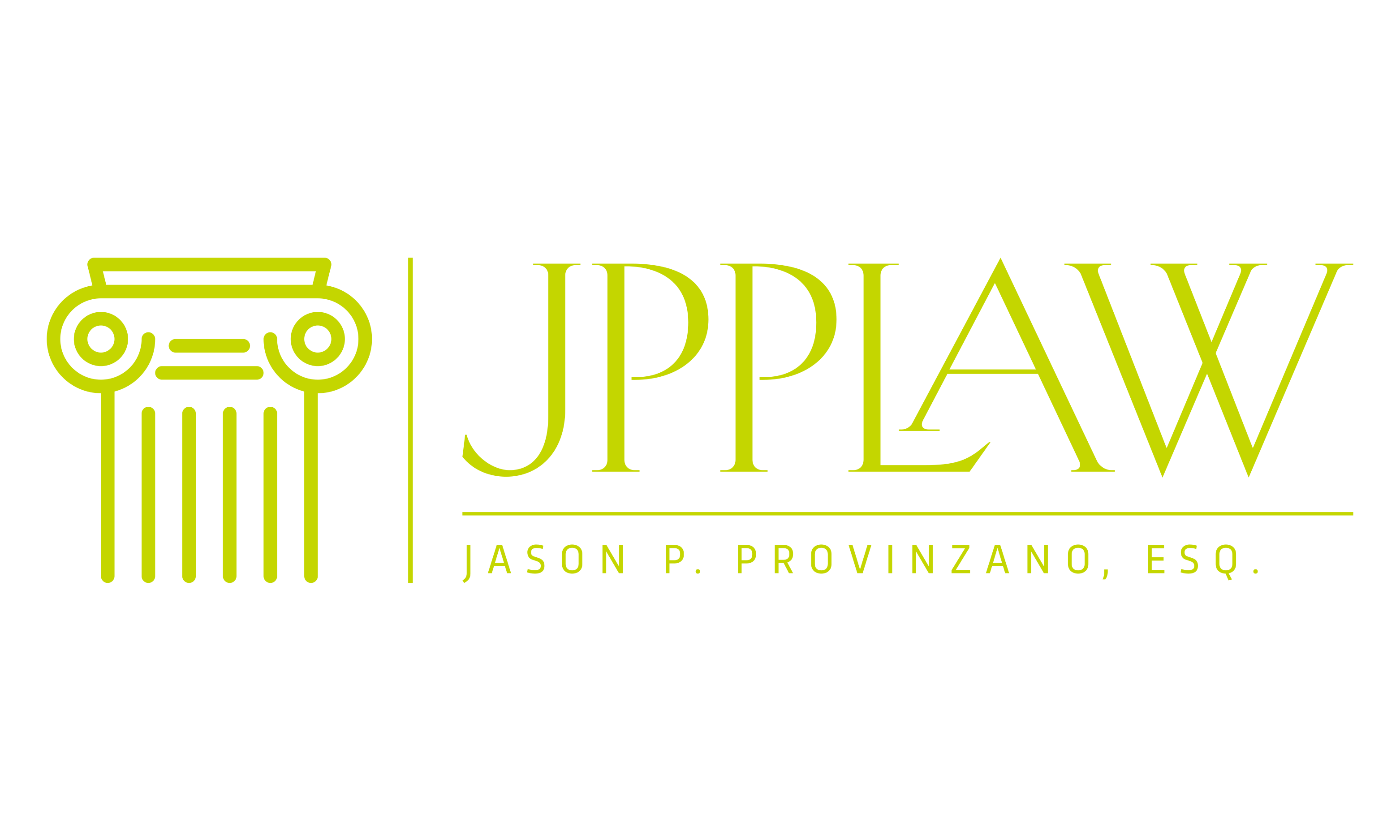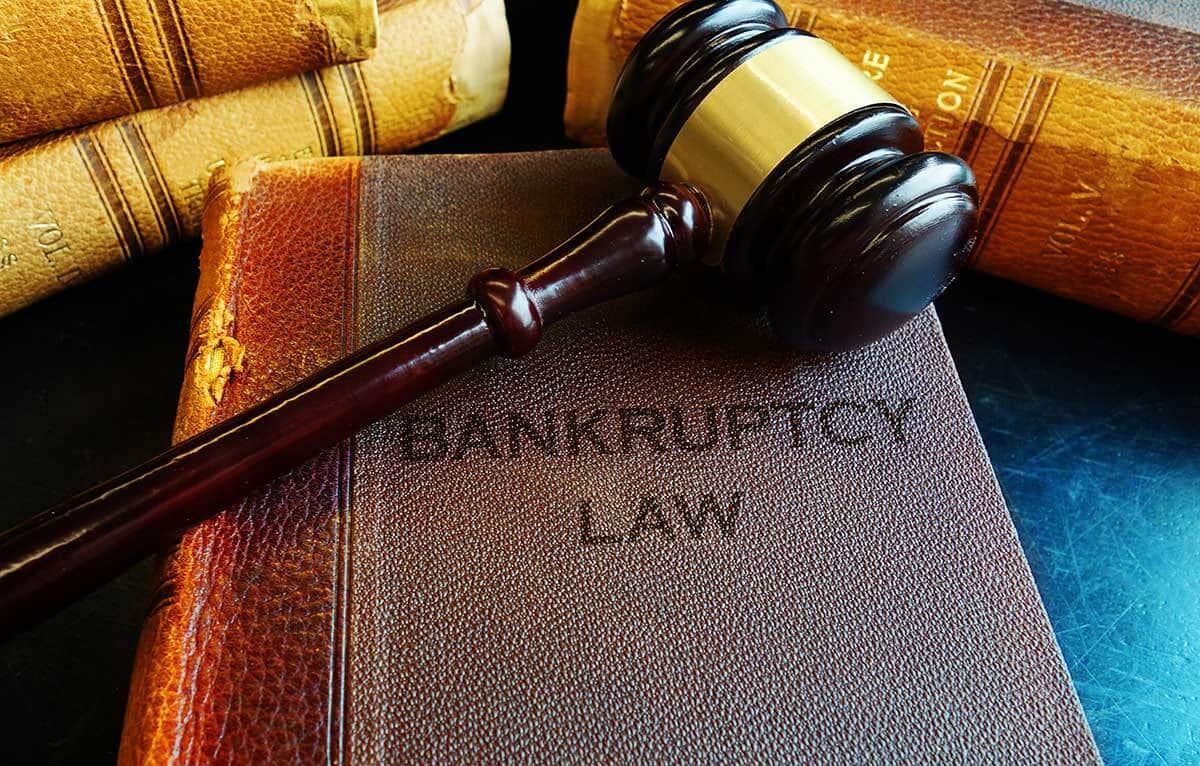It’s hard to find someone who hasn’t been in debt at least once in their life. This is why thousands of people file for bankruptcy each year to help clear their debt and get a fresh start. Although bankruptcy is extremely common, many people don’t understand how it works or what debts can be cleared. If you’re considering filing for bankruptcy, you need to know what debts you have that it can eliminate and which ones you’ll still owe.
If you have a large amount of debt, a creditor may have issued you a legal judgment that requires you to pay back what you owe. A judgment can allow creditors to get back what you owe through wage garnishments and liens on your property. Actions like this can make dealing with the debt you owe even more stressful. If you have a judgment, you might be wondering if and how does bankruptcy clear lawsuit debt.
Clearing lawsuit debt like this isn’t always easy. Here is how bankruptcy works if you have a judgment.
Does Bankruptcy Clear All Lawsuit Debt?
First, the debt you’ve been issued a judgment for needs to be dischargeable under Chapter 7 or Chapter 13 bankruptcy, whichever you’re filing for. Under Chapter 7 bankruptcy, your debts will be discharged without you needing to pay, and you’ll likely be able to keep your assets. However, if you file for Chapter 13 bankruptcy, you’ll need to pay back your debts through a repayment plan. Some debts, like student loans and child support, can’t be discharged. If the debt is dischargeable, bankruptcy may be able to help.
There are a few different ways that bankruptcy can help if you have dischargeable debts you’ve been issued judgments for. Bankruptcy can help stop things like wage garnishment and creditors collecting money directly from your bank accounts. Filing for bankruptcy can also delay or stop any pending judgments that you have. Successfully filing for bankruptcy can help stop these parts of a judgment, but it becomes more difficult if you have a lien on your property.
Liens don’t go away right away if you file for bankruptcy and require extra work to avoid. The process to avoid a lien also varies depending on which chapter of bankruptcy you’re filing for. If you’re filing for Chapter 7 bankruptcy, you’ll have a list of federal bankruptcy exemptions that you’re allowed to keep while still having your dischargeable debts cleared. You can avoid a lien if you file a motion and it’s on one of your exempt possessions. There can also be a chance of avoiding a lien for those filing for Chapter 13 bankruptcy, but this can be more complicated and depends on your specific situation.
Find Out if Bankruptcy Can Help You
Getting out of debt when you have a judgment or a lien can be extremely difficult. If you have a judgment, you’ll likely end up needing help from a bankruptcy lawyer. A good bankruptcy lawyer with experience dealing with situations like these will know what to do to help you clear your bankruptcy debt. At JPPLaw, we’ll be able to determine whether or not bankruptcy will be useful to help clear your debt and help with a judgment. We can help you file for bankruptcy in Stroudsburg so you can start living without the stress of debt.
If you have lawsuit debt, contact JPPLaw today for a free consultation to see if bankruptcy is right for you.


